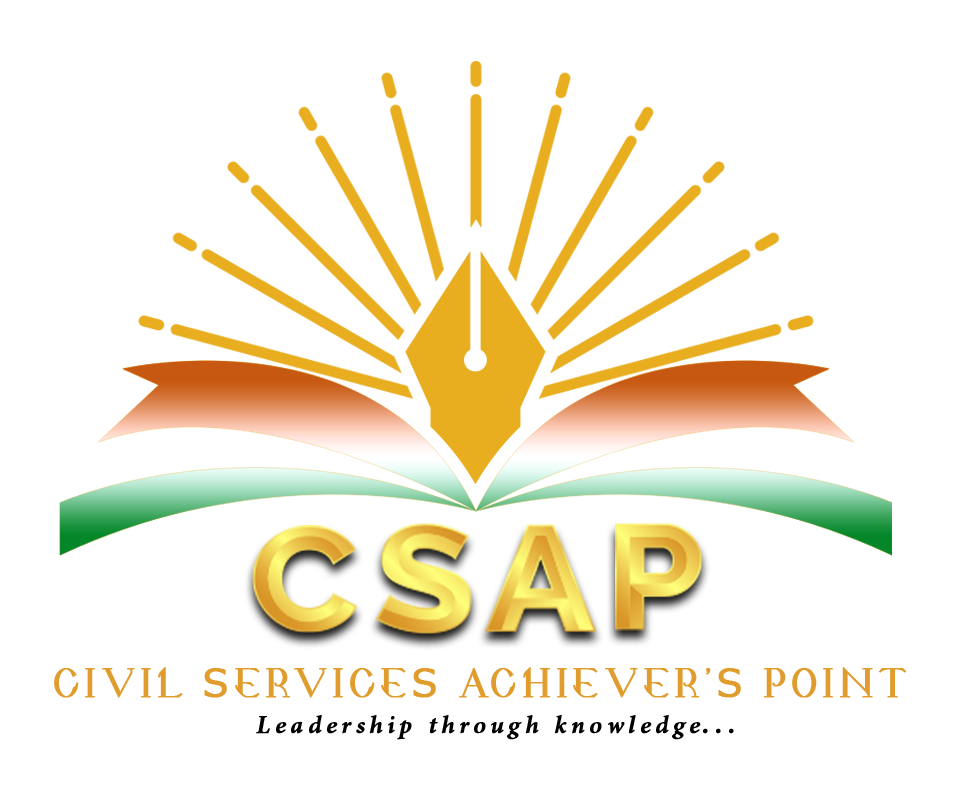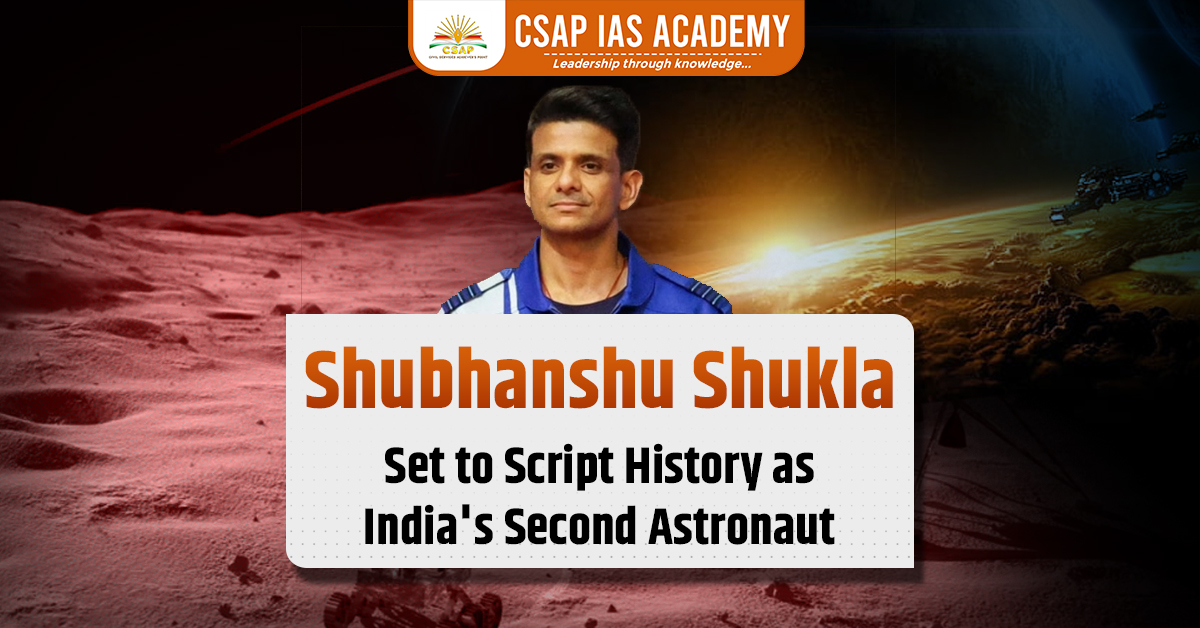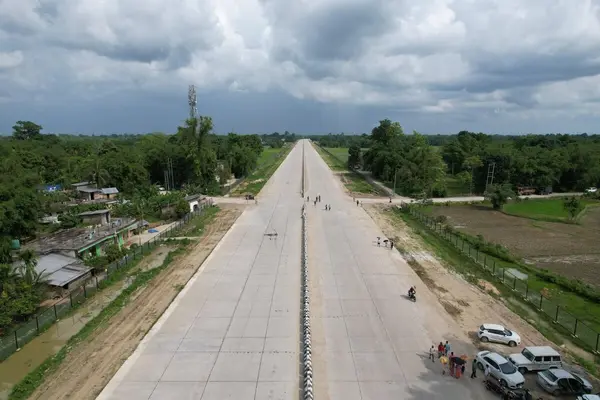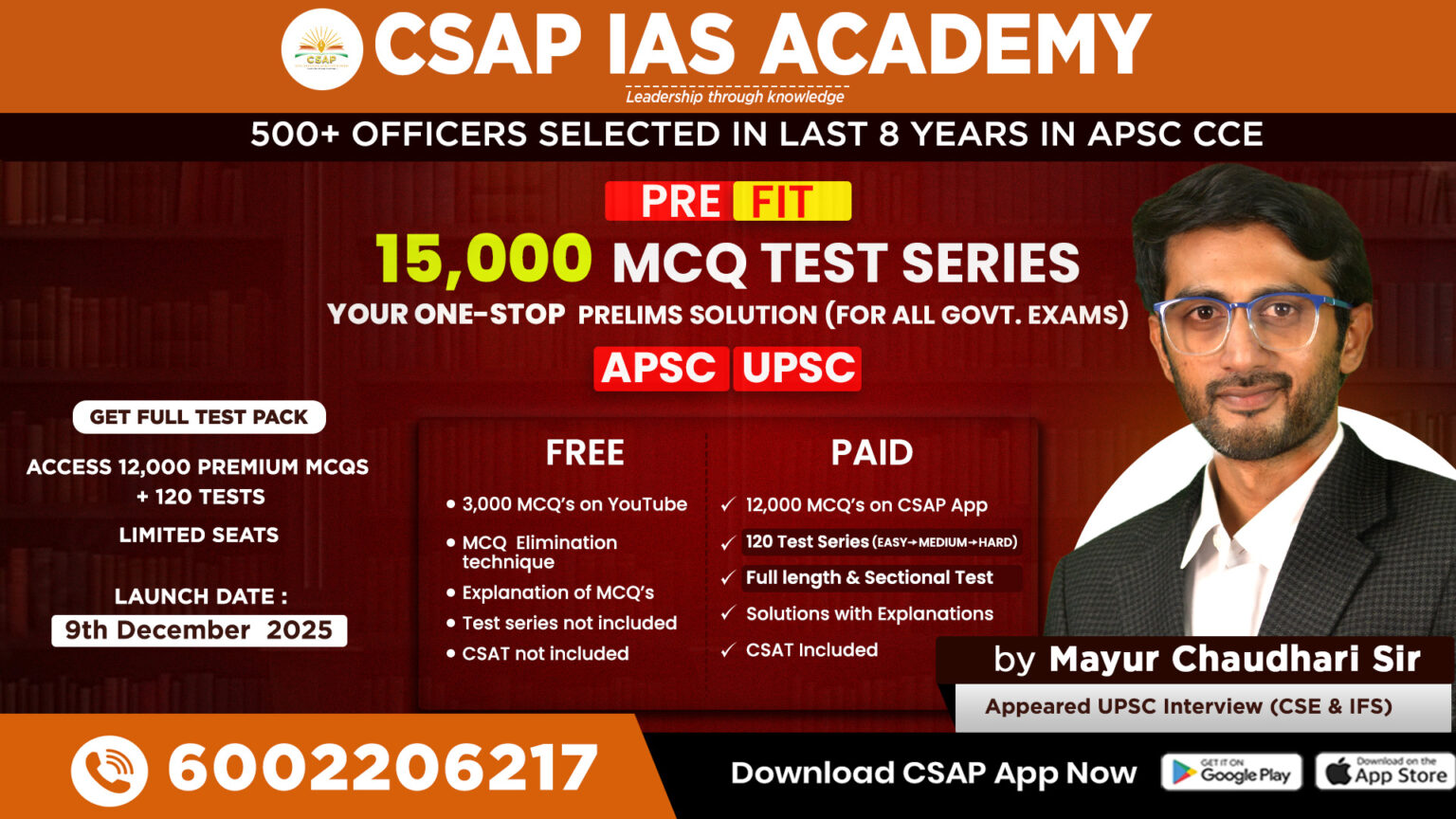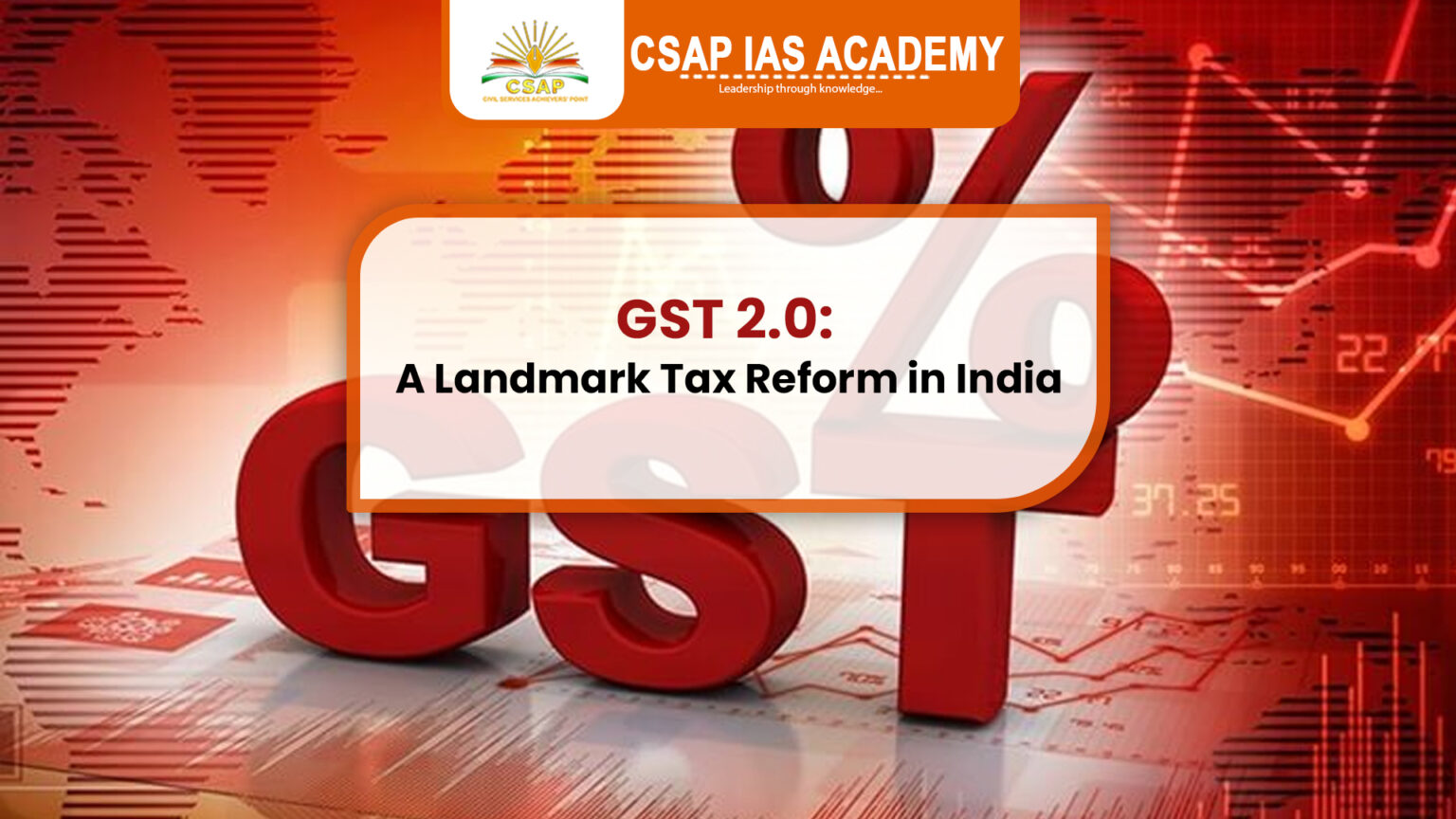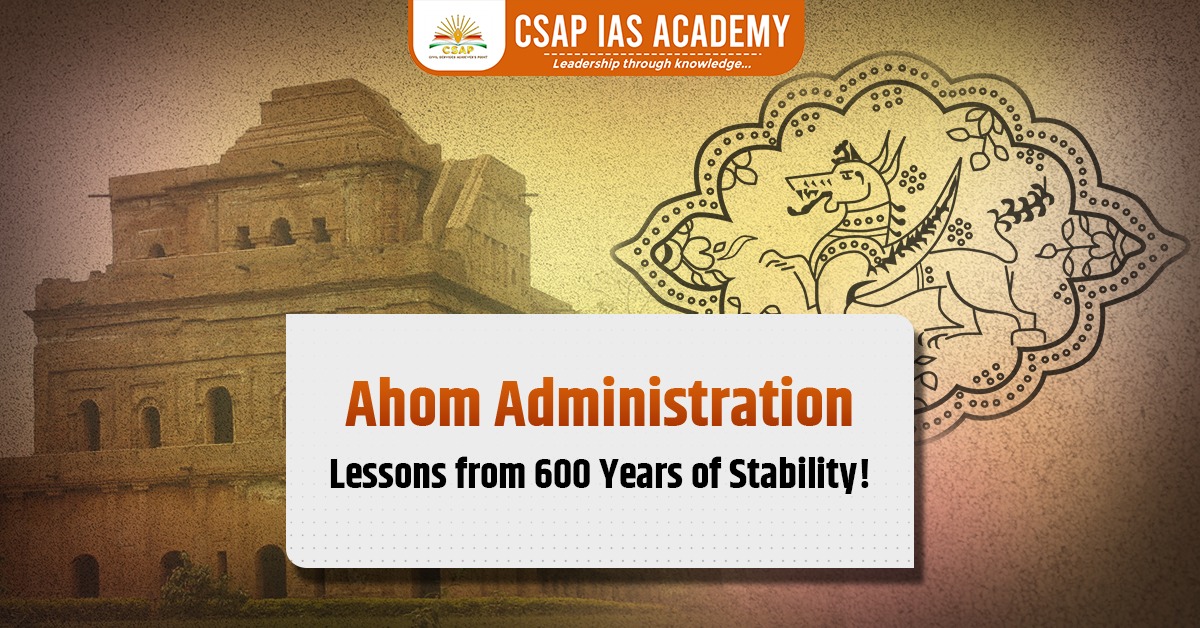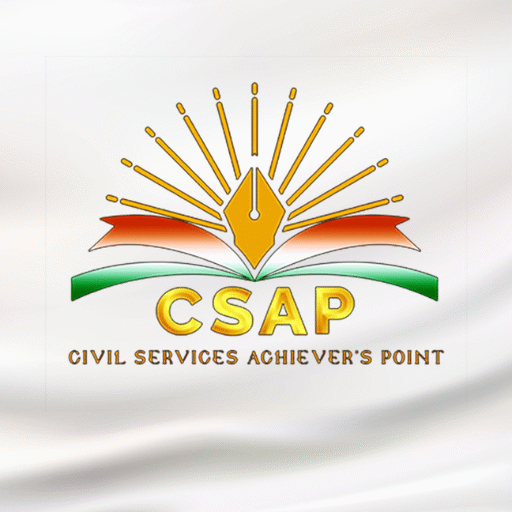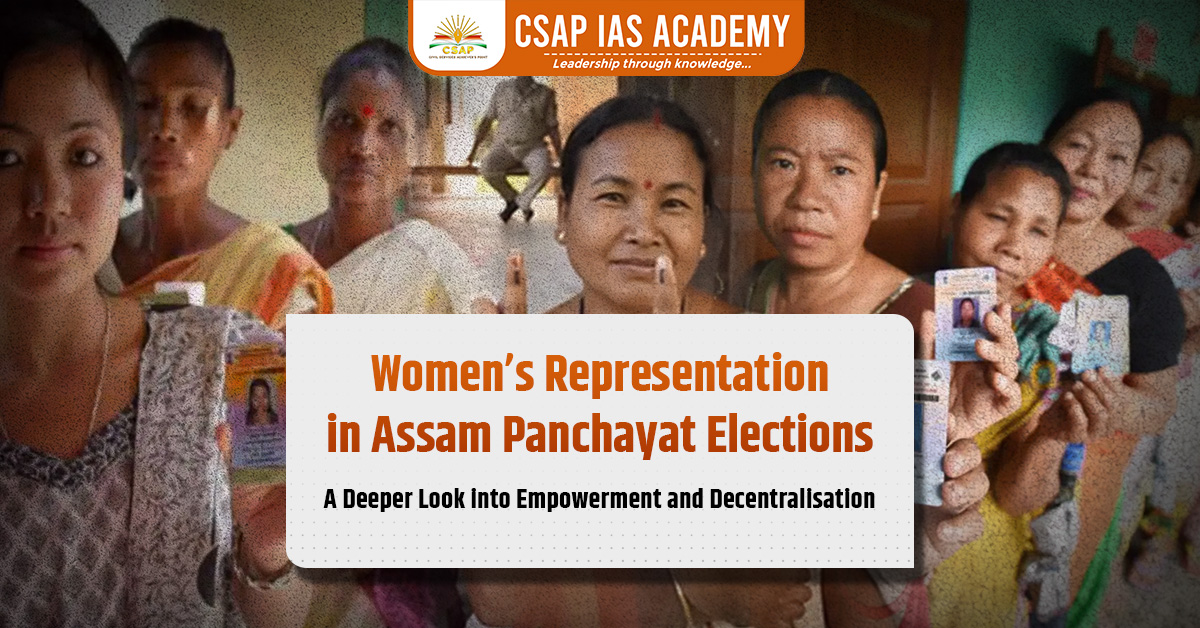India is set to witness a historic milestone in its space journey with Shubhanshu Shukla becoming the second Indian to travel to space, after a gap of over four decades since Rakesh Sharma’s iconic 1984 mission aboard a Soviet spacecraft. Shukla’s flight is part of Axiom Space’s fourth commercial mission (Axiom-4 or Ax-4) to the International Space Station (ISS), scheduled for lift-off on June 8, 2025, via SpaceX’s Falcon-9 rocket from the Kennedy Space Center, Florida.
Although Shukla is flying as part of a US-based private space mission, his journey marks a significant development in India’s presence in international space collaboration and commercial astronaut programs.
Mission Overview
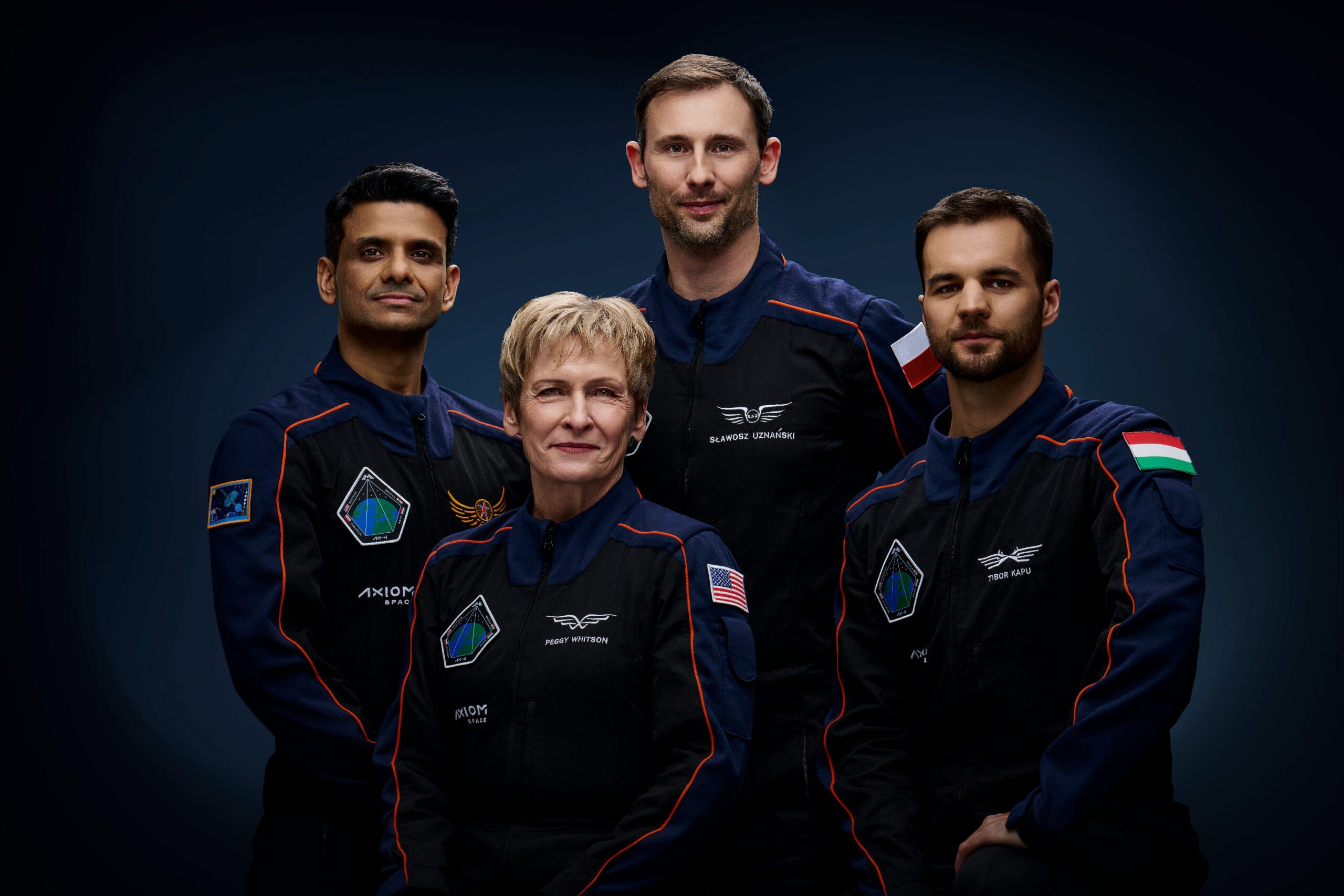
The Axiom-4 mission will be conducted aboard SpaceX’s Dragon spacecraft. Shukla will be accompanied by a multicultural crew: Slawosz Uznanski-Wisniewski from Poland, Tibor Kapu from Hungary, and veteran NASA astronaut Peggy Whitson, who will serve as mission commander. Interestingly, both Poland and Hungary will be sending their first astronauts to the ISS through this mission.
Once launched, the astronauts will spend up to 14 days aboard the ISS, engaging in activities such as science experiments, outreach, and commercial tasks. The mission will perform 60 scientific studies from 31 countries, highlighting the growing internationalization and privatization of space travel.
India’s Scientific Contribution: Food, Nutrition & Biotechnology in Space
Shubhanshu Shukla’s role in the Ax-4 mission has been carefully designed to reflect India-centric scientific objectives. In collaboration with the Indian Space Research Organisation (ISRO) and the Department of Biotechnology (DBT), Shukla will conduct exclusive food and nutrition-related experiments, with technical support from NASA.
These experiments aim to:
- Develop and test space nutrition systems.
- Explore self-sustaining life support technologies for long-duration space missions.
- Investigate the growth behavior of Indian crops like moong (green gram) and fenugreek (methi) under microgravity conditions aboard the ISS.
- Study the macrobiotic impact of space on plant seeds, which will be brought back to Earth to analyze multi-generational effects on germination and productivity.
This aligns with ISRO’s long-term objective of preparing for deep-space human missions and ensuring sustainable food systems in space.
Strategic Importance for India
Shubhanshu Shukla’s participation in this mission holds strategic and diplomatic value for India:
Human Spaceflight Experience
It offers critical pre-Gaganyaan experience and insight into human spaceflight, microgravity research, and life sciences aboard the ISS.
Public-Private Collaboration
India’s involvement in a private international mission showcases its willingness to integrate with the global space economy, a crucial shift as commercial space exploration becomes mainstream.
Soft Power and Global Standing
Just as Rakesh Sharma’s mission symbolized Indo-Soviet friendship during the Cold War era, Shukla’s mission enhances India’s scientific diplomacy and soft power on a new global platform involving the US and multiple European countries.
Biotechnology and Innovation
The mission promotes Indian research in biotechnology, agriculture, and sustainability, positioning India as a forward-looking player in space biosciences.
Conclusion
Shubhanshu Shukla’s upcoming mission symbolizes India’s re-entry into the realm of human spaceflight—not just as a participant but as a meaningful contributor to global science. While Rakesh Sharma made history in collaboration with the Soviet Union, Shukla is paving the way for India in the era of commercial space exploration and international partnerships. His journey bridges the past and the future of Indian spaceflight, reinforcing India’s resolve to be a major player in the space economy of the 21st century.
Multiple Choice Questions (MCQs)
1. With reference to Shubhanshu Shukla’s space mission, consider the following statements:
- He will be the first Indian astronaut to travel aboard a private commercial mission.
- He will be part of a joint mission by ISRO and Roscosmos.
- His mission is scheduled to travel to the International Space Station.
Answer: B. 1 and 3 only ✅
Explanation:
- Shubhanshu Shukla is part of the Axiom-4 mission, a private commercial mission by Axiom Space and SpaceX.
- He will travel to the International Space Station (ISS).
- Roscosmos is not involved; so statement 2 is incorrect.
2. The Axiom-4 (Ax-4) mission, in which Shubhanshu Shukla will participate, will be launched from:
Answer: C. Kennedy Space Center, Florida ✅
Explanation:
- The mission will be launched from NASA’s Kennedy Space Center in Florida using SpaceX’s Falcon-9 rocket.
3. Which of the following is/are the primary scientific objectives of Shubhanshu Shukla’s mission?
- Study the sprouting of fenugreek and moong seeds in space.
- Conduct solar propulsion experiments.
- Research self-sustaining life support systems.
- Investigate black hole radiation in microgravity.
Answer: B. 1 and 3 only ✅
Explanation:
- Shukla will focus on Indian crops (fenugreek and moong) and self-sustaining life support systems.
- Solar propulsion and black hole studies are not mentioned in the context of this mission.
Read: Pegasus spyware
Download App:
